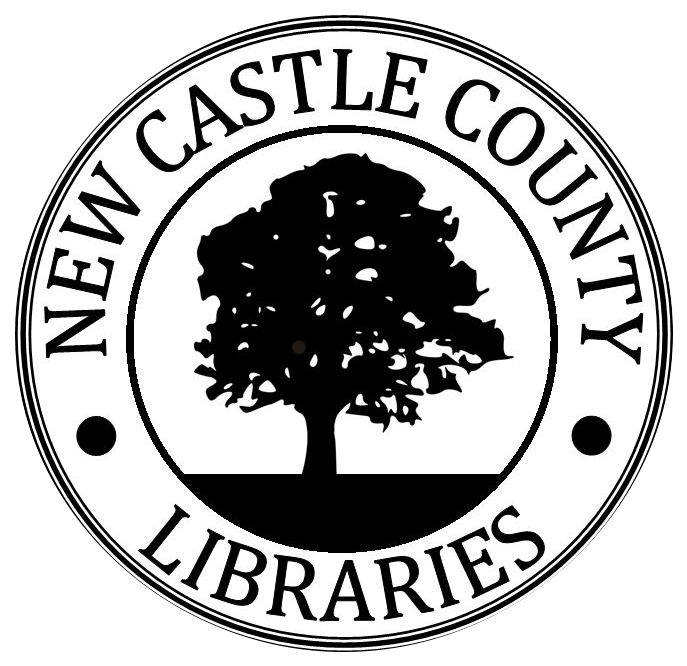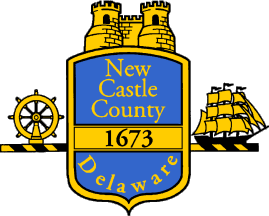Pardon My French
/The English language owes almost as much to the French as it does to the English! Though estimates vary, approximately 30% of all the words in the complete English lexicon were borrowed directly from French. Beginning with the Norman invasion of England in the year 1066, the French language and its related regional variants have enjoyed nearly a millennium of profound influence over English. The earliest words to slip in were specifically Norman French, and were legal, military or political in nature—castle, army, jury, royalty—since many of these concepts hadn’t existed in Anglo-Saxon England prior to the invasion. New concepts related to knighthood gave rise to new borrowings, like chivalry, gauntlet and armor. So many Norman words inundated the English linguistic landscape, replacing earlier Old English terms, that today we have no sense of these words being French at all: peace, doubt, forest, machine, benefit, squat, fuel, tunnel, mess and flower, just to name ten out of several tens of thousands!
The Norman language of the Middle Ages was not exactly what we think of nowadays as “real” French. It wasn’t until centuries later that standard Parisian French words began entering our language (and many other languages, for that matter). By that time, though, it wasn’t by force of foreign occupation, but rather by conscious appropriation for the purpose of elevating the speech pattern of the privileged classes. The form of French spoken in the city of Paris and its environs began to achieve a favored status in the 17th century during the reign of the “Sun King” Louis XIV, who ruled longer than any other monarch in European history and still holds that record today. In addition to his numerous achievements in modernizing France, he is remembered for being a patron of the arts and filling his court with a plethora of major artistic and cultural figures, such as the composer Marin Marais and the playwright Molière. It was for this reason that France became synonymous with cultural sophistication, and other Europeans began to emulate the French in their mannerisms and sensibilities.
The English were not immune to the allure of French culture, and despite the unsteady foreign relations the two countries had endured for centuries, words of French origin continued to infiltrate the English language. They especially settled into the niches created as England and its possessions became increasingly prosperous due to its growing prominence a world-wide empire. In some cases, English speakers in the upper social stratum used French when they wanted to adopt an air of refinement: saying enchanté upon making someone’s acquaintance is a prime example. Even today, the usage is sometimes tongue-in-cheek, like a kind of mock erudition, as in, “Is that for moi?” Of course, French is inextricably linked with romance. In one of his most famous love songs, Stevie Wonder refers to the object of his love as “My Cherie Amour.” And don’t forget that in the Addams Family franchise, Gomez nearly swoons when Morticia uses the language (“Tish… that’s French!”).
Since the 18th century, the French language has taken a dominating stance within the realm of culinary arts. Let’s say you’re headed to a fancy dinner. After you enter the restaurant (literally, “restoring”), you’re given the menu and seated at your table by the maitre d’ (short for maître d’hotel, the “master of the hotel”). After your bottle of wine, but before you order your entrée (“entry”), you might want to try some hors d’oeuvres (“outside of the work,” that is, extraneous to the main course). Even dinner, menu, table and bottle are French, though these were borrowed centuries earlier. Maybe your meal features a cheese soufflé (literally, “puffed”) served with a duck confit (“preserved”) with sautéed (“jumped”) onions and potatoes au gratin (“with grated crust”). Maybe you prefer a fondue (“melted”) for the table, and for dessert perhaps tarte flambé (“flamed pie”) or a nice crème brûlée (“burnt cream”). We might not think of dessert as a French word, but it is, literally meaning “dis-serves,” that is, removes what has been served.
That term Gratin also refers idiomatically to the top echelon of Parisian society, i.e., the upper “crust” or the crème de la crème. These are the movers and shakers that we also know as the élite (literally, “elected”), who have a savoir faire (“know how to do”) about life and social comportment. They consider themselves the old rich, or the vieux riche, a term that English never adopted to counterbalance its well-known antithesis, the nouveau riche. Maybe for most English speakers it was more common to be “new rich” than old, but it’s by no means a new concept in the world: even the Ancient Greeks had their own term for it—neoploutos. In France and abroad, members of both classes of riche might try to come across as bon vivant (“good living”) and display a certain joie de vivre (“joy of living”), a certain je ne sais quoi (“I don’t know what”), that quality so elusive that there is no word for it at all! At night you might find them fraternizing at a local soirée (“evening activity”), attempting to be as adroit (“to the right”) as possible, not being gauche (“left”) and not making any gaffes (“blunders”) or faux pas (“false steps”) and keeping their aplomb (literally, a verticle plumb line).
Most of these words gained currency in English-speaking countries in the 19th century, partially because English had no words to fully convey the fine distinction inherent in these concepts. High-society gadabouts didn’t have a word for the kind of zeal or vivacity that comes on in a rush, so they took the French word élan (“momentum, impetus”). When that rush of vivacity runs out and you begin to languish about with a melancholic listlessness, you’re experiencing ennui (“boredom”), because boredom just isn’t good enough!
Many French borrowings describe specific emotional states like these. To me, some of the most interesting French terms regard peculiar psychological phenomena. Most of us have experienced the cognitive glitch known as déjà vu, the eerie feeling that you’ve already lived through your current situation, even though you know rationally that you could never have done so. This expression, very appropriately, means “already seen.” However, few people are aware that there are two other vu’s. The opposite of déjà vu is jamais vu (“never seen”), a strange event in which a person knows consciously that he or she has already experienced a situation which for some reason seems completely unfamiliar. This may accompany a more serious medical condition. Before my grandfather died, his mental state deteriorated due to a virulent form of dementia, one symptom of which is known as Capgras delusion. He was firmly convinced that my mother and aunt had been replaced by identical imposters; they looked like his daughters, and they talked like his daughters, but they weren’t really his daughters. This is a particularly bizarre kind of jamais vu, and needless to say, my mom and her sister were left bewildered by it.
The third vu is much more universal and is known as presque vu (“almost seen”), that feeling you get when you’re trying to think of a word or name but can’t quite recall it. You know that you know it, you’ve said it before, but it just won’t come to you! We usually call this “having the word on the tip of your tongue,” and wouldn’t you know it—this phrase itself was borrowed from French: avoir le mot sur le bout de la langue. Finally, there’s a related phenomenon that the French call l’esprit de l’escalier (“staircase wit”). That’s when you think of the perfect reply too late; the phrase refers to that witty retort that didn’t enter your mind until you reached the bottom of the stairs! It’s probably as universal an experience as can be found. So universal, in fact, that it qualified as a plot point in a Seinfeld episode (“The Comeback”), even though George Costanza never mentioned the French term.
Pardonnez-moi. I’d like to think of a witty bon mot as an appropriate dénouement for this blog, without being too recherché. I know I have one. It’s on the tip of my tongue. I probably won’t think of it till I’m at the bottom of the stairs. I feel like this has happened before. Wow, déjà vu!










